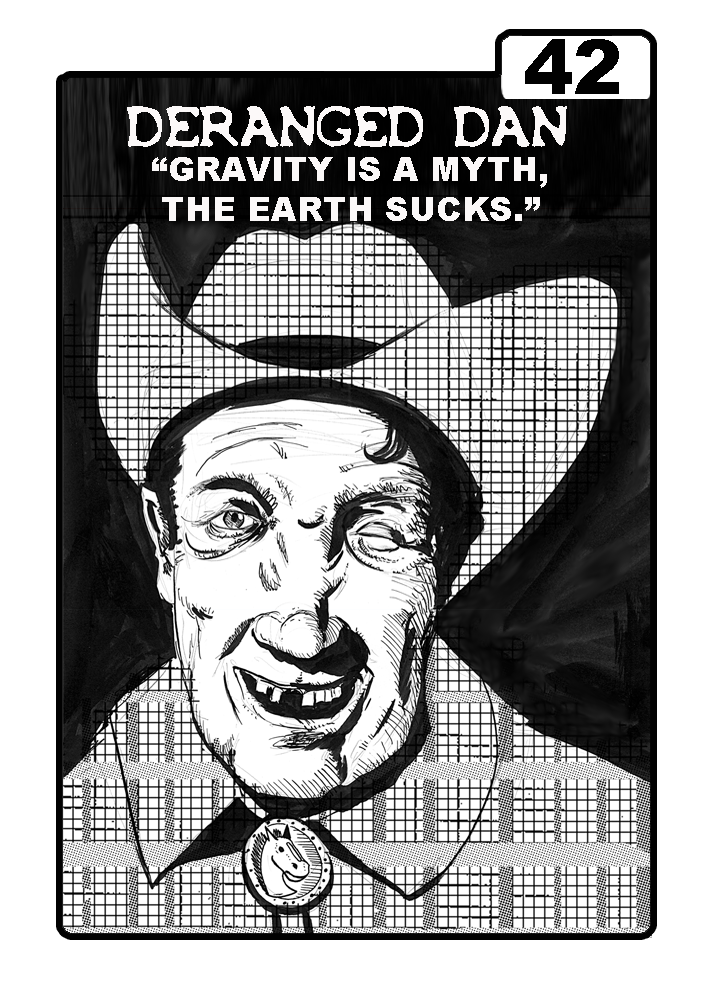WARD 9
Ward 9 is full of significant, unique individuals. Please respect both their individuality and their group status.



Ward 9 is sort of a "catch all" ward here at Happy Dale. Categorizing patients can lead to stereotyping, which we avoid as much as possible. Within and across different psychology disciplines, there are different concepts and theories of stereotyping that provide their own expanded definition. Some of these definitions share commonalities, though each one may also harbor unique aspects that may complement or contradict the others. One basic model of stereotyping can serve cognitive functions on an interpersonal level, and social functions on an intergroup level. For stereotyping to function on an intergroup level, an individual must see themselves as part of a group and being part of that group must also be significant for the individual. This is why we let you choose your own group at Happy Dale. Ward 9 may just be the leftovers, but they are a quite significant group in and of themselves.
People create stereotypes of an outgroup to justify the actions that their ingroup has or plans to commit towards that outgroup. An assumption is that people want their ingroup to have a positive image relative to outgroups, and so people want to differentiate their ingroup from relevant outgroups in a desirable way. If an outgroup does not affect the ingroup’s image, then from an image preservation point of view, there is no point for the ingroup to be positively distinct from that outgroup.
People can actively create certain images for relevant outgroups by stereotyping. People do so when they see that their ingroup is no longer as clearly and/or as positively differentiated from relevant outgroups, and they want to restore the intergroup differentiation to a state that favours the ingroup.
Happy Dale provides room for any group type, simply choose your own.




